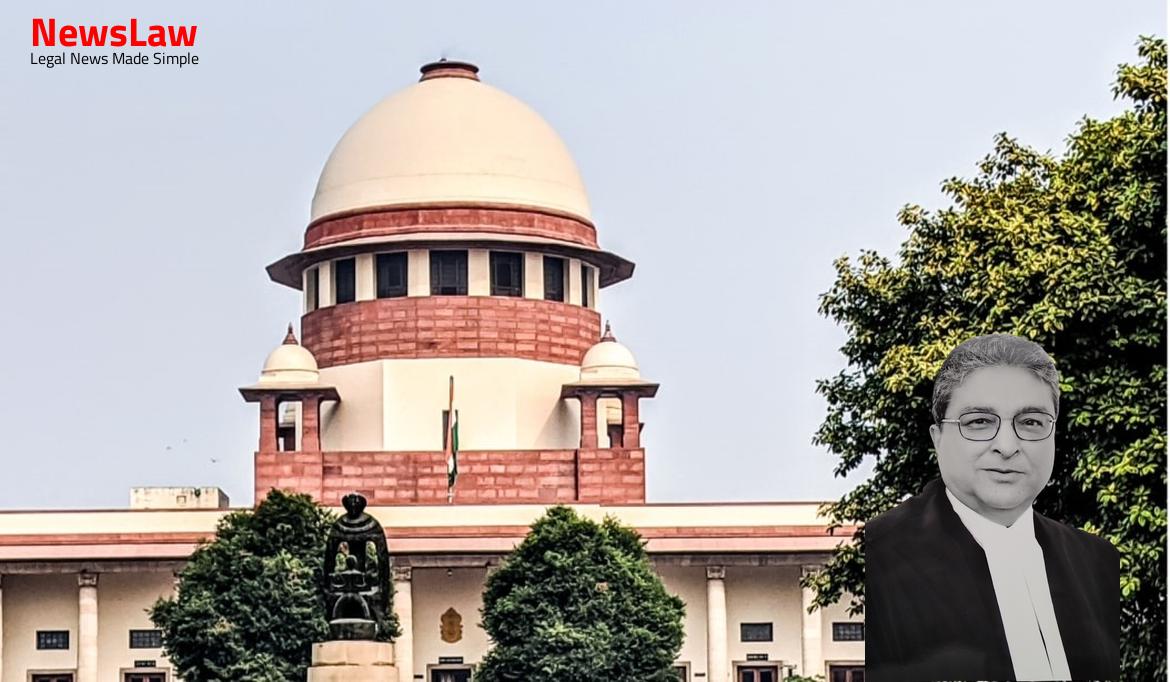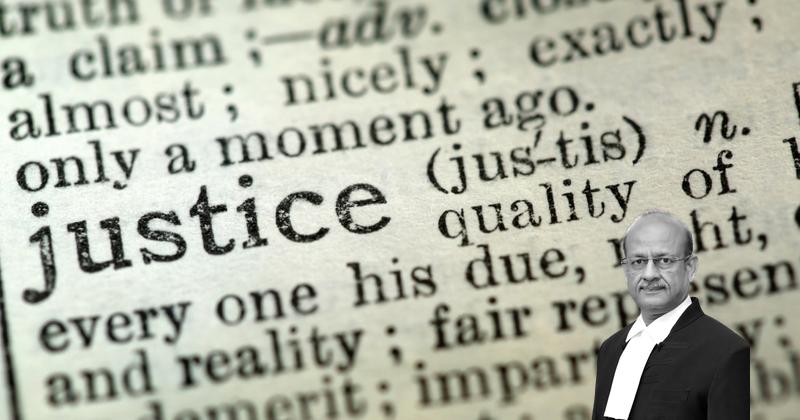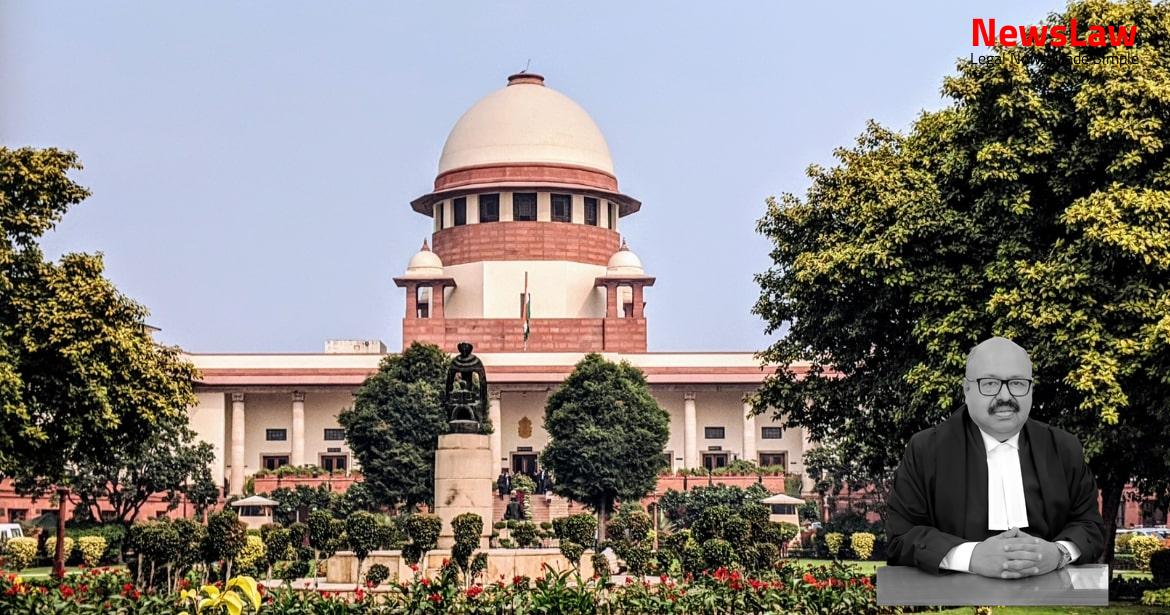Explore the intricate legal analysis surrounding the transfer of trial venue in a recent case centered in Punjab. The court’s thorough examination of factors influencing the decision emphasizes the importance of ensuring a fair and impartial trial. With reference to legal precedents and procedural considerations, this case highlights the significance of analyzing the communal atmosphere’s impact on trial proceedings in determining the need for a venue transfer.
Issue
- The question posed is whether the communal tension in Punjab is so high that it could potentially prevent the petitioners from receiving a fair trial if it were to be held within the state.
- The concern is centered around the possibility of bias or prejudice impacting the fairness of the trial proceedings.
- Considerations regarding the communal atmosphere in Punjab and its potential impact on the trial process are being analyzed in this context.
Also Read: Insurance Claim Repudiation due to Fire Incident: Court’s Legal Analysis
Arguments
- Petitioners argue that a forced statement under Section 164 CrPC was obtained from one of them, indicating biased prosecution in Punjab.
- They highlight the lack of adequate security arrangements in court premises, posing a threat to the accused.
- Petitioners claim difficulties in conducting their defense and fear a surcharged atmosphere in the state.
- The Senior Counsel for the State counters by stating that elaborate security measures have been taken on trial dates.
- State’s counsel mentions that petitioners continue to receive legal assistance and have not faced any hindrances in their defense.
- Petitioners allege communal bias and threats to their lives in Punjab, citing instances like the murder of an accused in jail.
- The petitioners have also raised concerns about public appeals for social boycott against them.
- State’s lawyer argues that petitioners have not provided concrete evidence of bias affecting their defense.
- The plea for shifting the trial venue is contested, with conflicting stands taken by the petitioners in different forums.
- The Senior Counsel cites precedents for changing trial venues but acknowledges that the present case lacks overwhelming factors seen in those cases.
- The petitioners and the State of Punjab present rival contentions regarding the possibility of a fair trial in Punjab for the accused.
- Legal precedents such as Maneka Sanjay Gandhi, Abdul Nazar Madan, R. Balakrishna Pillai, Zahira Habibullah H. Sheikh, Sri Jayendra Saraswathy Swamigal, Captain Amrinder Singh, and Nahar Singh Yadav are referenced by both sides.
- The petitioners argue that fair trial may be impossible in Punjab, while the State emphasizes the difficulties for witnesses and prosecution if the trial venue is shifted out of Punjab.
- The State assures foolproof security arrangements will be made to address any security concerns of the petitioners.
Analysis
- The transfer of trial power under Section 406 of the Code should be invoked sparingly.
- The death of the accused Bittoo in Nabha jail was projected as a murder by jail inmates, leading to an FIR registration.
- The court must be fully satisfied about the existence of factors making a fair trial impossible for transferring proceedings to another court.
- General allegations of a surcharged atmosphere are not sufficient grounds for transfer.
- The state counsel informed that trials in various cases are at different stages, with the need to consider the convenience of all parties.
- The court believes the atmosphere in Punjab does not justify shifting the trial venue to another state based on the available material.
- No specific instances of prejudice or threats have been brought forward by the petitioners.
- Shifting trials to another state would cast aspersions on the court having jurisdiction to try the case.
- The circumstances in the present matters do not equate to previous cases where transfers were deemed necessary.
- No bias faced by the accused or their family reflected in the orders of the Trial Court.
- Shifting of trial should be exercised sparingly and only in deserving cases.
- It should be considered when a fair and impartial trial uninfluenced by external factors is not possible.
- If the courts can function without being influenced by public sentiment, shifting of trial would not be necessary.
- The legal position on the issue was outlined in Umesh Kumar Sharma Vs. State of Uttarakhand.
- Transfer of trial should not be invoked unless compelling factors and clear deprivation of fair justice are present
- The suggested alternate venue is Punjab’s capital, Chandigarh, which has a population pattern similar to the rest of Punjab
- Transfer of trial from one state to another would impact the credibility of the State’s judiciary
Decision
- The State must ensure safe conduct of proceedings at the trial courts
- Provide adequate security to the petitioners and their associates as warranted
- Observations in this judgment are only for disposal of these petitions
- No bearing for any other purpose
- Cases dismissed due to lack of merit
Case Title: JATINDERVEER ARORA Vs. STATE OF PUNJAB (2020 INSC 658)
Case Number: T.P.(Crl.) No.-000452 / 2019



